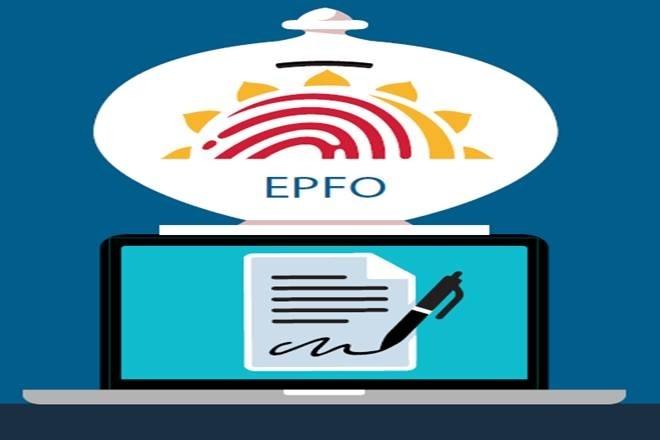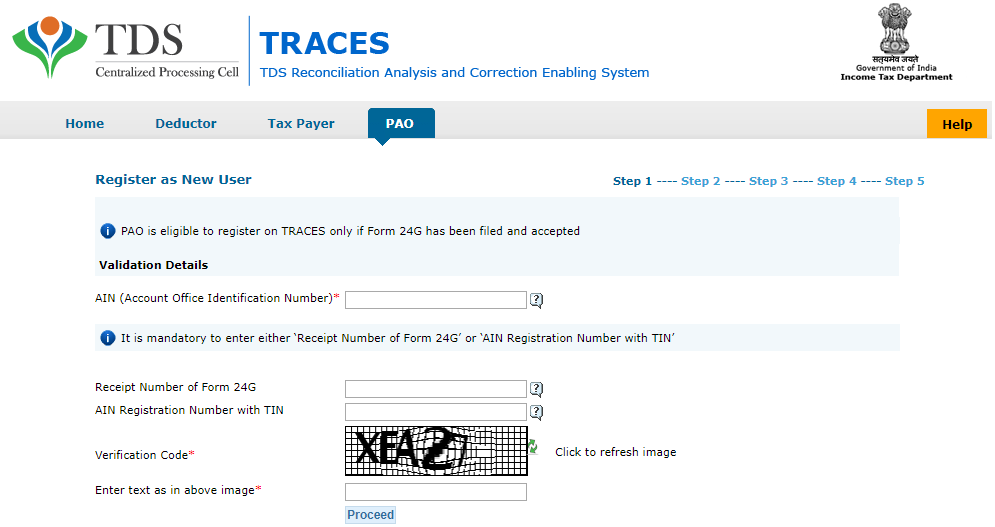
LLP Registration is a type of association structure like a partnership firm however with an element of limited liability of partners. It is compulsory to record yearly LLP gets back to the Ministry of Corporate Affairs (MCA). LLP has a ton of advantages when contrasted with a Partnership firm or Sole Proprietorship firm. Our objective at Biat Consultant is to finish your enlistment in a Powerful, Proficient, and Practical way. This type of association ought to have no less than 2 accomplices (assigned accomplices) and no less than one assigned accomplice ought to be an occupant of India to instate the most common way of laying out a private limited company. Proworktree provides you most effective services for Limited Liability Partnership Registration.
What are the Benefits of LLP Company Registration In India?
The benefits of Limited liability Partnership Company Registered In India are:
- Separate Legal Identity
- Limited Liability Benefits
- Minimal Registration Cost
- Other Benefits of LLP Registration
What is the Meaning of a Limited Liability Partnership?
LLP is a Limited Liability Partnership and is a corporate business vehicle that gives the advantages of limited liability of an organization to its individuals and furthermore permits them to deal with their interior administration based on commonly shown-up understanding as in the event of a partnership firm. Accomplices have lower liabilities than any obligation which might emerge in the future in maintaining the business. It contains components of both a corporate design’ as well as ‘an organization firm construction’ and is known as a half-and-half between an organization and an organization. The Accomplices are expected to contribute towards the LLP as determined in the LLP Understanding. Their portion can be in any structure for example unmistakable or theoretical, versatile or enduring property, monies and money.
As far as a responsibility under a Limited Liability Partnership the Company is at risk for misfortunes or obligations if emerges in maintaining the business where the singular individuals from the LLP will not be at risk for such misfortunes or obligations.
Example
XYZ LLP has 2 accomplices J and K, and XYZ takes credit of Rs.20 lakhs and can’t reimburse the advance. Its capital is Rs. 10 lakhs where J should contribute Rs. 6 lakhs and K Rs. 4 lakhs however both the accomplices contribute s. 5 lakhs as J contributed Rs. 3 lakhs and K contributed Rs. 2 lakhs. In such a case LLP will be responsible for up to how much Capital for example Rs. 10 lakhs and J and K will be responsible for Rs. 5 lakhs according to their portion of the commitment. The Leaders can’t recuperate more sums, assuming such sum is lacking to get the obligations free from the LLP.
What are the Advantages and Disadvantages of a Limited Liability Partnership Company Registered in India?
The advantages of a limited liability partnership Company Registered in India are
- The principal benefit of an LLP is that an LLP is more straightforward to begin and oversee and the cycle has fewer conventions.
- It has a lesser expense of enrollment when contrasted with an Organization.
- LLP resembles a corporate body having a different presence other than its accomplices.
- LLP can be begun with any measure of least capital.
- The accomplices would have limited liability to their concurred commitment in the LLP.
- No prerequisite for mandatory Review.
- Contrasted with Private Limited Companies, the yearly ROC consistency in LLP is lesser.
- Attributable to adaptability in its construction and activity, the LLP is a reasonable vehicle for little undertakings and for speculation by funding.
The disadvantages of a Limited Liability Partnership Company Registered in India are
- The primary downside or burden of an LLP is that regardless of whether an LLP has any action, it is expected to document a personal government form and MCA yearly return every year. In the event that it neglects to do as such, it might need to cause a weighty punishment.
- If an accomplice has any desire to move his/her proprietorship privileges then he/she needs to get the assent of the relative multitude of accomplices.
- A limited liability partnership should have no less than two individuals. Assuming that one party decides to leave the organization, the LLP might need to be broken up.
- It is critical to recall that FDI in LLP is permitted exclusively with the earlier endorsement of the Save Bank of India (RBI).
What all Documents are Required for The LLP Company Registration in India?
Documents Required for LLP Company Registration in India are
Documents of Partners
- ID Proofs/PAN Cards of Partners
- Address Proof of Partners
- Resident Proof of Partners
- Photographs
- Passports of NRI Partners
Documents of LLP
- Address Proof of the Registered Office
- Digital Signature Certificate
What is the Process Of LLP Company Registration in India?
The Process of a Limited Liability Partnership Company Registered in India are:
- Obtain DSC– A digital signature certificate of the assigned individual of the proposed LLP should be gotten prior to applying for LLP enrollment. The principal purpose for acquiring DSC is that every one of the reports for the enrollment of the LLP is recorded on the web. Consequently, a digital signature is required. A DSC can be gotten from an administration-coordinated guaranteeing organization.
- Apply for DIN– The subsequent stage is to apply for the Director Signature Number of the multitude of assigned accomplices of the proposed LLP. The application for Racket can be made with Structure DIR-3 and the examined duplicates of the Aadhaar or PAN Card should be appended with it.
- Name Reservation- The third step is to save a name for the LLP which will be checked by the Focal Enlistment Community. It is suggested that you run an LLP enlistment name check, assuming the name you are choosing is free or not before you quote a name on the LLP registration MCA portal. The framework there will suggest other intently looking names in light of the name you are looking for. This will help in picking a name that isn’t like any current name or reserved name. Also, consequently, your LLP name would be supported in the first go. The Structure RUN-LLP should be filled to hold the name. On the off chance that the name is dismissed, the re-accommodation structure should be submitted in 15 days or less. Likewise, there is an arrangement to propose 2 names in the RUN-LLP Structure
- Incorporation of LLP-
- The Structure for consolidation of Limited Liability Partnership (FiLLiP) will be recorded with the Recorder having purview in the state where the enrolled office of the LLP is arranged.
- Pay the charges according to Annexure ‘A’.
- With the consolidation structure, an individual can likewise apply for the designation of DPIN, on the off chance that he/she is named as the planned accomplice in the LLP and doesn’t have a Commotion or DPIN.
- The application for designation of DPIN is taken into consideration by two people as it were.
- On the off chance that the proposed name is supported by the Central Registration Centre, the endorsed name will be filled as the name of the LLP.
- File LLP Agreement–
- This understanding states the mutual duties and rights among the accomplices of the LLP. Additionally, between the LLP and the accomplices.
- The LLP agreement should be recorded in Form 3 online on the MCA gateway. Outstandingly, the Structure must be filed within 30 days of joining the LLP.
- Finally, the LLP arrangement should be imprinted on the Stamp paper.









